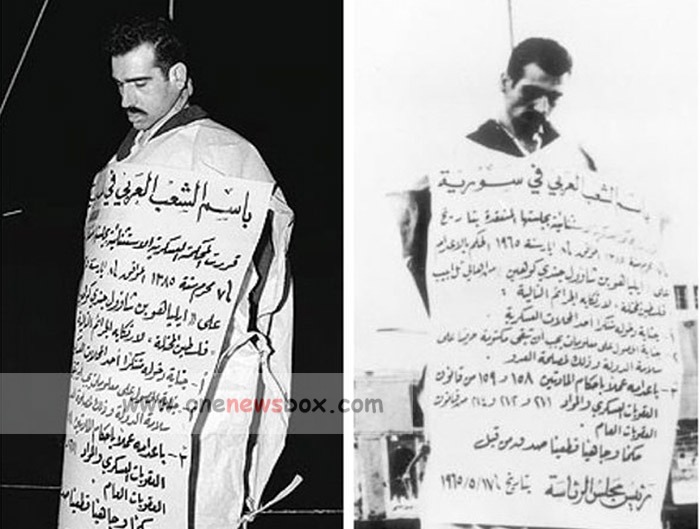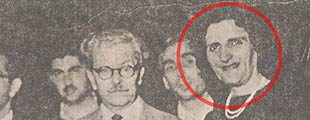At the time of his execution, Cohen’s family, particularly his brother Maurice Cohen, who was also a Mossad agent, felt the weight of the loss deeply. Maurice revealed that Eli Cohen was not only a vital figure in Israel’s intelligence operations but that he had also risen to a position of great influence within Syria. According to Maurice, Eli Cohen was the third person in line to replace the Syrian Prime Minister, a fact that speaks to the level of trust and respect Cohen had earned within the Syrian government. His untimely death meant that Israel lost not only an exceptional spy but also a potential future leader within the ranks of Syria’s political elite.
Following his execution, Cohen’s family made numerous attempts to retrieve his body and return it to Israel for a proper burial. However, these requests were repeatedly rejected by the Syrian government, which refused to allow his remains to be repatriated. The decision to keep his body in Syria was viewed as a deliberate attempt to deny Israel the ability to honor Cohen posthumously. For years, his family fought to have his remains returned, but Syria’s refusal remained unwavering.
In 2007, the Turkish government offered to mediate between Syria and Israel in an effort to resolve the issue of Cohen’s remains. However, this diplomatic initiative did not lead to any significant change. In 2008, a Syrian official revealed that Cohen’s body had been buried in an undisclosed location, a move made specifically to prevent Israel from retrieving it. Despite these obstacles, the Israeli government and Cohen’s family continued to hold onto the hope that one day, his remains would be returned to Israel.
Eliyahu Cohen’s story continues to capture the imagination of people around the world. His life and death are the subject of numerous books, documentaries, and films. One notable work that brings Cohen’s story to life is the 2020 film Spy Impossible, which dramatizes his life and espionage career. The film highlights not only Cohen’s remarkable achievements but also the human cost of his mission. Additionally, the International Spy Museum in Washington, D.C. dedicates a section to Cohen’s life, honoring him as one of the most successful and tragic figures in the world of espionage.
Cohen’s legacy, both as a spy and as a symbol of unwavering dedication to one’s country, endures. His intelligence operations provided Israel with critical information that ultimately played a significant role in the country’s military success. His courage under torture, his refusal to betray his country, and his ability to infiltrate Syria’s highest echelons of power have left an indelible mark on the history of espionage.
In the years since his execution, Eli Cohen has been remembered as a hero, a martyr, and a symbol of the sacrifices made by those who serve their country in the shadows. His story is a powerful reminder of the complex world of espionage, where the line between success and failure is razor-thin, and the price of failure can be paid in blood. Eli Cohen’s bravery, integrity, and ultimate sacrifice ensure that his name will live on in the annals of history, inspiring future generations of spies and citizens alike.

